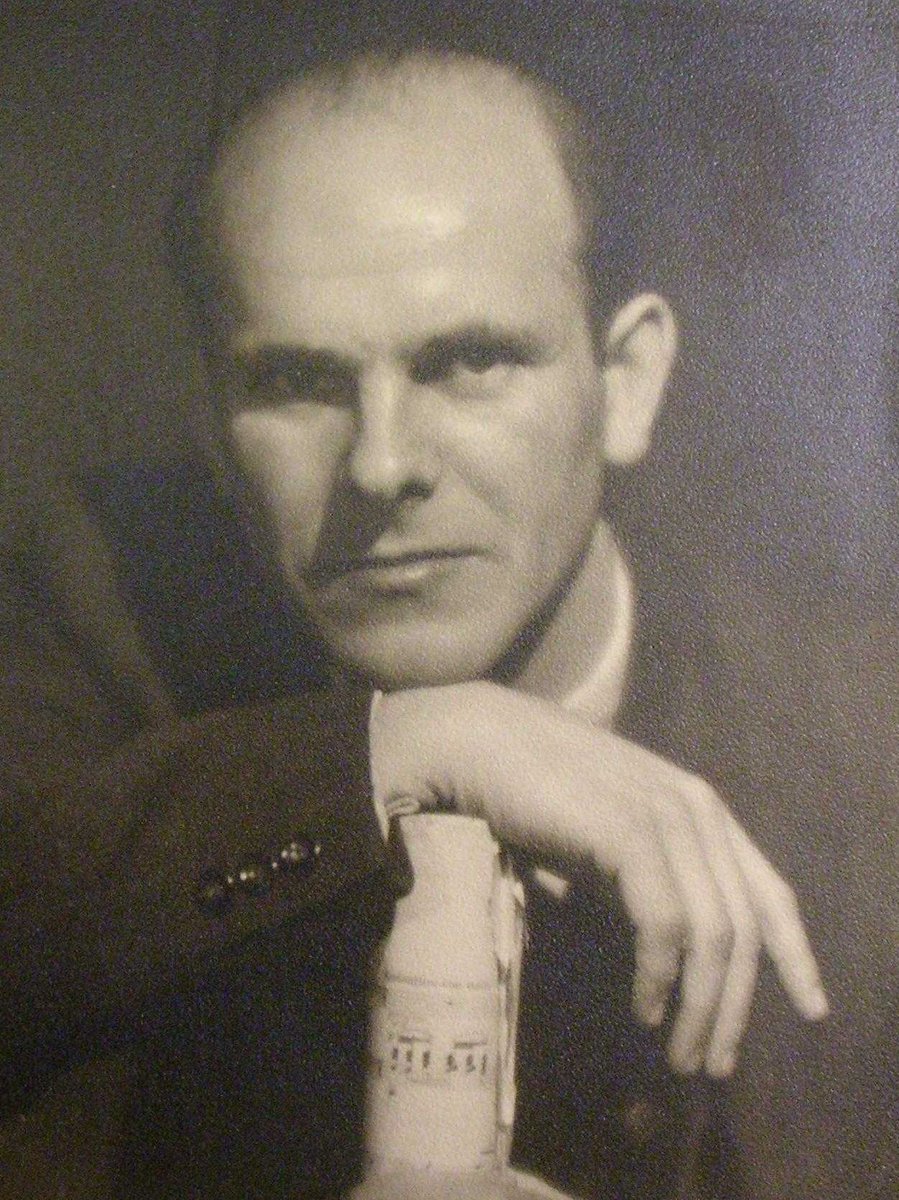Vienna Opera goes (miserably) pop
mainWe present today’s press release without comment. Only in Vienna and one or two Balkan republics is Eurovision taken straight, without irony.

POP MEETS OPERA
Matinée in the Vienna State Opera
From May 18th to the 23rd, the Eurovision Song Contest is taking place in Vienna. For this major worldwide television event, that has its 60th anniversary this year, the ORF as the host broadcasters have chosen the slogan “Building Bridges”.
Over a dozen nations will be represented, when the Wiener Staatsoper stays true to this slogan on Sunday 17th May at 12:00 in hosting a matinée where opera stars such as Juan Diego Flórez, ensemble members and musicians of the Wiener Staatsoper in cooperation with Eurovision Song Contest candidates as well as last year’s winner Conchita Wurst will build bridges between genres and different musical cultures: “Pop meets Opera”.
Dominique Meyer, director of the Wiener Staatsoper: “Suitably, the 60th Eurovision Song Contest is taking place in Vienna – popularly dubbed “the world capital of music”. On this occasion we wanted, as the Vienna State Opera, to connect classical and pop music, with the aim to show that even seemingly opposite musical styles complement each other and are equally able to inspire each other’s audience. Thus, representatives of various artistic pillars of the Vienna State Opera – vocal soloists, orchestra, ballet, choral, opera schoolchildren – selected thoroughbred musicians will present themselves at a matinée on the stage of the Vienna State Opera with musical performances of a high level of various genres live and, largely unplugged. It may seem unusual at first glance, but I think it is always better to build bridges rather than to raise walls.”
Alexander Wrabetz, General Director of the ORF: “With this high-caliber matinee, ‘Pop meets Opera’, which the ORF III will be broadcasting on the day during the prime time, we are building – according to our ESC motto, ‘building bridges’ – together with the Vienna State Opera more bridges between people and cultures. When stars like Juan Diego Flórez and Conchita Wurst stand on a stage and sing with each other, the unifying power of music, genres and borders is much more noticeable. I am pleased that we can bring the ORF-footage of this TV event all around the world. In cooperation with our EBU partners, this outstanding cultural television highlight will be offered TV stations worldwide”.
Concert participants: Staatsoper soloists Alessio Arduini (Italy), Daniela Fally (Austria), KS Juan Diego Flórez (Peru/Austria), Aida Garifullina (Russia), Valentina Naforniţă (Moldova), KS Herwig Pecoraro with son Mario Pecoraro (Austria), the solo-dancer of the Wiener Staatsballett Ioanna Avraam (Cyprus), “The Philharmonics” (ensemble with musicians of the Staatsoper Orchestra/Vienna Philharmonic), the “Wiener Comedian Harmonists” (group of singers from Staatsoper Choir), the stage orchestra of the Wiener Staatsoper, the children’s choir of the Opera school of the Wiener Staatsoper, the repetiteur and musical studies director Thomas Lausmann, Conchita Wurst, winner of the ESC 2014, as well as five ESC 2015 candidates: Boggie (Hungary), John Karayiannis (Cyprus), Mørland & Debrah Scarlett (Norway), Molly Sterling (Ireland) and Nina Sublatti (Georgia).
Barbara Rett will take us through the event. The leading language will be English because of the international audience.






… and we are going to hear again the tired argument about how crossover eventually brings more people to classical events. We saw what happened with the three tenors…
On the contrary, crossover brings more people to appreciate a more classically influenced style of music,
those people who will shape the future of our musical expression.
But your ‘classical events’ may continue to decline in relevance, as brutal time and evolution see humanity and her voice move on.
Its been 30 years of these ‘pops’ efforts to ‘save’ classical music, and reach younger people. If such ‘young’ people were ever reached, they are now in their 40’s-50’s, but one sees this is not the main constituents of the classical venues.
In short: its been a tremendous failure, yet the entirety of the classical music world (and the arts) continue to be obsessed with these efforts:
“THE DEFINITION OF INSANITY IS TO CONTINUE TO DO THE SAME THING OVER AND OVER AGAIN EXPECTING A DIFFERENT RESULT”.
I’ll just note that that is not the definition of insanity and never was.
Yeah, not really the definition of insanity though. At all.
So, my mistake makes 30 years of FAILURES all of a sudden any different?
Yup, I thought so.
I announced this about a month ago, but the concert is next week so its natural to get the press releases.
For the Nth time: Classical Music = pop with old instruments/wearing a tuxedo and singing like a tenor.
Welcome to the 21 century.
Funny we have no post on that marathon of Beethoven sonatas… Why is this more acceptable than Prokofief’s concerti?
http://www.bam.org/music/2015/wqxr-beethoven-piano-sonata-marathon
Each Beethoven sonata is unique; each Prokofiev concerto is much the same.
Each Beethoven sonata is different from its predecessor; each Prokofiev concerto is rather similar.
So long as they have Hans Moser compere-ing, I’ll go!
Yeah, poo poo pop music. Classical music dévotés, especially Europeans, should just out and admit it: classical music is an elitist affair that exists in its own bubble, practiced in arcane and peculiar customs, that if we could we would exclude the masses.
Which brings me to my point about “especially Europeans”, because Europeans expect all this to be free, subsidized by the state, in other words, subsidized by everyone else’s taxes. Europeans want classical music to be exclusive AND paid for by others. At least Americans want to be exclusive but we know we’d have to pay for it, and if we can’t pay for it, too bad, the opera house shuts down, whereas Europeans want the excluded masses to pay for the opera house but not have pop music in their precious opera house.
In Europe, concert halls and opera houses are accessible to anyone, because of relatively low ticket prices, because they are subsidized. It is a myth that European classical music life is elitist: at performances you see people from all walks of life. An institution like the Vienna State Opera offers a wide range of performances including for children, and can do so because it is considered a responsibility of the state to have such provisions accessible for everybody. Accusations of ‘elitism’ come from people without understanding of the art form and / or lacking the patience to listen to classical music. It is the tiresome old protest from the ignorati who exclude themselves from musical experiences.